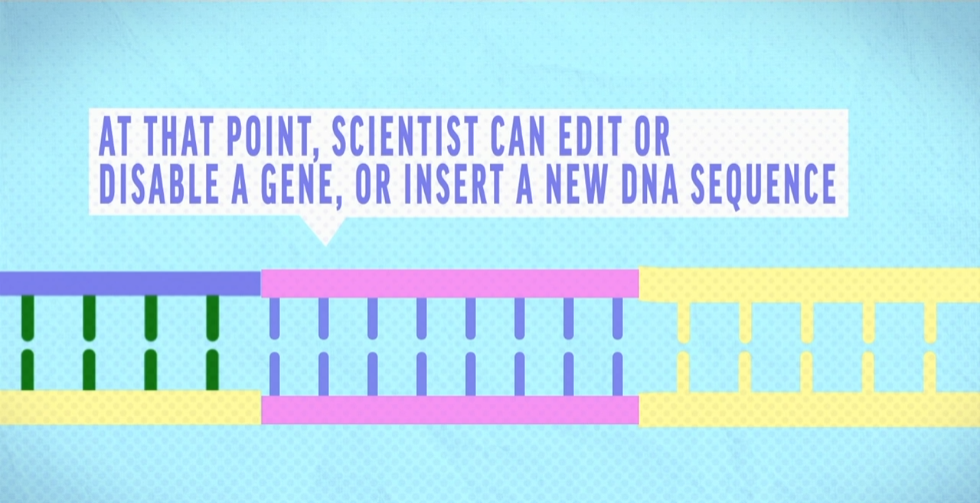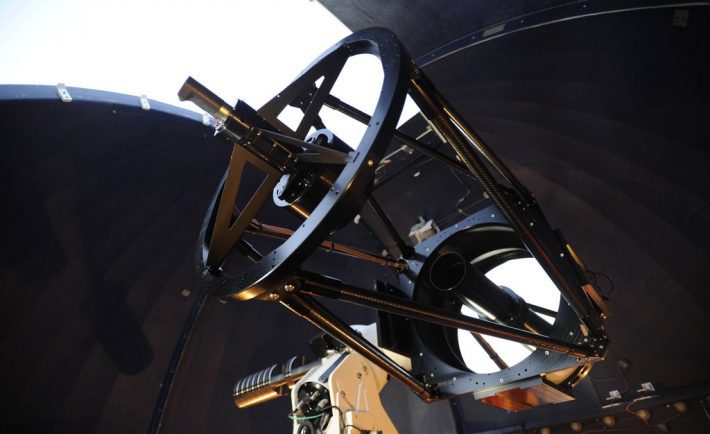
Science has always been a driving force behind human progress explains Scorpius Biological Services. Throughout history, scientists have made groundbreaking discoveries and developed innovative technologies that have transformed the way we live, work, and understand the world around us. Today, researchers continue to push the boundaries of knowledge and develop new solutions to some of the most pressing challenges facing humanity. In this article, we’ll explore 10 cool ways that scientists are changing the world for the better.
1. Fighting Climate Change with Artificial Photosynthesis

Researchers say artificial photosynthesis can clean up atmospheric carbon pollution.
One of the most significant challenges facing our planet is climate change, driven primarily by the burning of fossil fuels and the resulting release of carbon dioxide into the atmosphere. To combat this issue, scientists are developing artificial photosynthesis systems that mimic the natural process by which plants convert sunlight, water, and carbon dioxide into oxygen and energy-rich sugars. These systems could potentially be used to generate clean, renewable energy while simultaneously removing carbon dioxide from the atmosphere, helping to mitigate the effects of climate change.
2. Revolutionizing Medicine with CRISPR Gene Editing

CRISPR (Clustered Regularly Interspaced Short Palindromic Repeats) is a revolutionary gene-editing technology that allows scientists to make precise changes to the DNA of living organisms. This powerful tool has the potential to transform medicine by enabling researchers to develop new treatments for genetic diseases, create more effective drugs, and even engineer disease-resistant crops. In the future, CRISPR could be used to cure previously untreatable genetic conditions, such as cystic fibrosis and muscular dystrophy, and help to eradicate devastating diseases like malaria and HIV.
3. Tackling Plastic Pollution with Biodegradable Materials
Plastic pollution is a growing environmental crisis, with millions of tons of plastic waste ending up in our oceans and landfills every year. To address this issue, scientists are developing new biodegradable materials that can replace traditional plastics in a wide range of applications. These materials, made from renewable resources like plant-based polymers and natural fibers, are designed to break down naturally in the environment, reducing the amount of plastic waste that accumulates over time. By replacing single-use plastics with more sustainable alternatives, we can help to protect our planet for future generations.
4. Harnessing the Power of Quantum Computing

Quantum computing is an emerging field that has the potential to revolutionize the way we process and store information. Unlike classical computers, which use bits to represent data as either 0s or 1s, quantum computers use quantum bits, or qubits, which can exist in multiple states simultaneously. This unique property allows quantum computers to perform complex calculations much more quickly and efficiently than their classical counterparts. In the future, quantum computing could be used to solve problems that are currently impossible for even the most powerful supercomputers, such as simulating the behavior of complex biological systems, optimizing global supply chains, and cracking advanced encryption codes.
5. Developing Advanced Prosthetics and Bionic Limbs
For individuals who have lost limbs due to injury or disease, advanced prosthetics and bionic limbs can offer a new lease on life. Scientists are continually working to improve the functionality, comfort, and appearance of these devices, using cutting-edge materials and technologies to create prosthetics that closely mimic the natural movement and sensation of human limbs. Some of the latest innovations in this field include mind-controlled bionic limbs, which use brain-computer interfaces to allow users to control their prosthetic limbs with their thoughts, and 3D-printed prosthetics, which can be customized to fit the unique needs of each individual.
6. Exploring the Universe with Advanced Telescopes

Our understanding of the universe has expanded dramatically in recent years, thanks in large part to the development of advanced telescopes that can peer deep into the cosmos. These powerful instruments, such as the Hubble Space Telescope and the upcoming James Webb Space Telescope, have allowed scientists to observe distant galaxies, study the formation of stars and planets, and even detect the presence of potentially habitable exoplanets. As we continue to explore the universe and uncover its many mysteries, these advanced telescopes will play a crucial role in shaping our understanding of the cosmos and our place within it.




